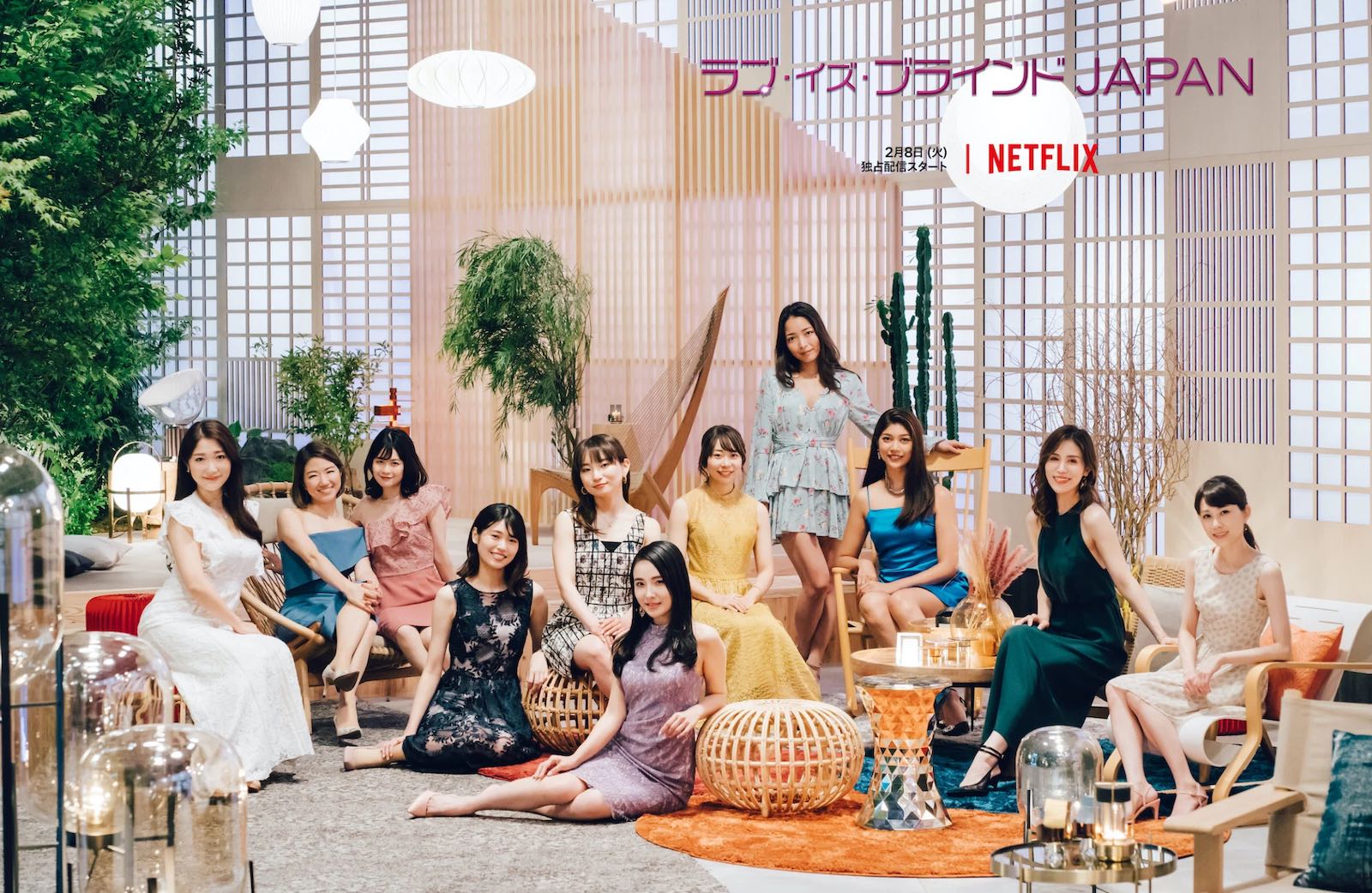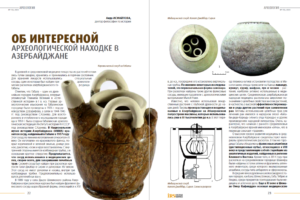Tokyo, 11 April, /AJMEDIA
Based on the American reality dating show of the same name, “Love is Blind: Japan” brands itself as a social experiment to see whether romance can bloom without laying your eyes on your partner. Men and women go on “dates” in the show without ever seeing their partners. Instead, they can only hear each other’s voices. Then they go on vacation, live together and ultimately decide whether to have a wedding.
Of course, it’s all played up for dramatic effect. There aren’t any trips to the ward office, but impending matrimony’s ticking clock makes the participants think seriously about what they want in a partner. For us living in Japan and binging “Love is Blind: Japan” at home, what can we learn about communicating in Japanese and the dating world?
And remember, reality shows involve real people interacting in unreal scenarios—produced, directed and edited for an entertaining narrative. So let’s approach “Love is Blind” with an open mind and kindness for the folks involved.
Take Minami and Mori’s decision to break up. In the show, Mori says he wants a partner “who will support me and my dreams.” Minami responds by reiterating how she wants to continue her career. Mori answers, “So, in conclusion, we should end our romantic relationship at this point.”
With, again, the caveat that we saw only a highly edited sliver of these peoples’ lives, one interpretation might be that Mori was looking for a partner who would place consideration for him over everything else: her own financial security, her communication style and her lifestyle. Such subordination based on gender is, historically, the social norm. They have a shared understanding of that norm—which is why some things can be left unsaid—but Minami chafes at it.









































